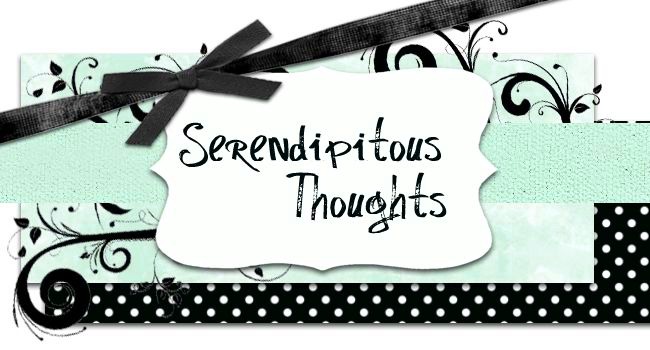The Lord of the Flies is an intricate novel filled with subtleties that make it a memorable book, in the 1990 version movie however, Harry Hook failed to capture many of these aspects, including the point that the "beast" was an actual person, the lack of a "Lord of the Flies," and the loss of the novels allegory to real world events.
Upon arrival on the island the boys soon develop a fear of a so-called beast. In the novel the beast is simply made up, but actually symbolizes the evil within each human being, which comes back to be central theme throughout the book. In the movie, the pilot survives the crash and wanders off eventually to be confused with a "beast" in the forest. In the novel the beast was simply a psychological phantom that came from within the child and when it's confused with a tangible object the storyline looses the point that the fear that eventually drives the boys to violence is a figment of the human psyche versus a simple and meaningless confusion.
A major symbol of the novel is The Lord of the Flies, which is a manifestation of the fear and evil that lurks within each being, as well as being the symbol for the devil. The scene in the book describes a direct confrontation between Simon, the godly figure, and the Lord of the Flies, the demonic figure. Without this crucial scene in the novel the entire biblical parallelism and Golding's stance on religion is completely lost, even though it was an important underlying theme of the entire novel.
Finally a major part of the novel was its extended allegory of real world events occurring the same time the book takes place, WW2. This ultimately showed his view on the issues at stake and how he thought things played out which again is an important message the the film failed to capture. Without this point, Golding's underlying message is lost and his statement on the current event.
It's because of these major assets that the novel is so incredible not only in it's storyline, but in what lies between the lines. The movie could simply not catch the essence of all the novels best functions and that is why the book will always be better than a movie. No film director will be able to recreate the true depth to Golding's classic words.

No comments:
Post a Comment